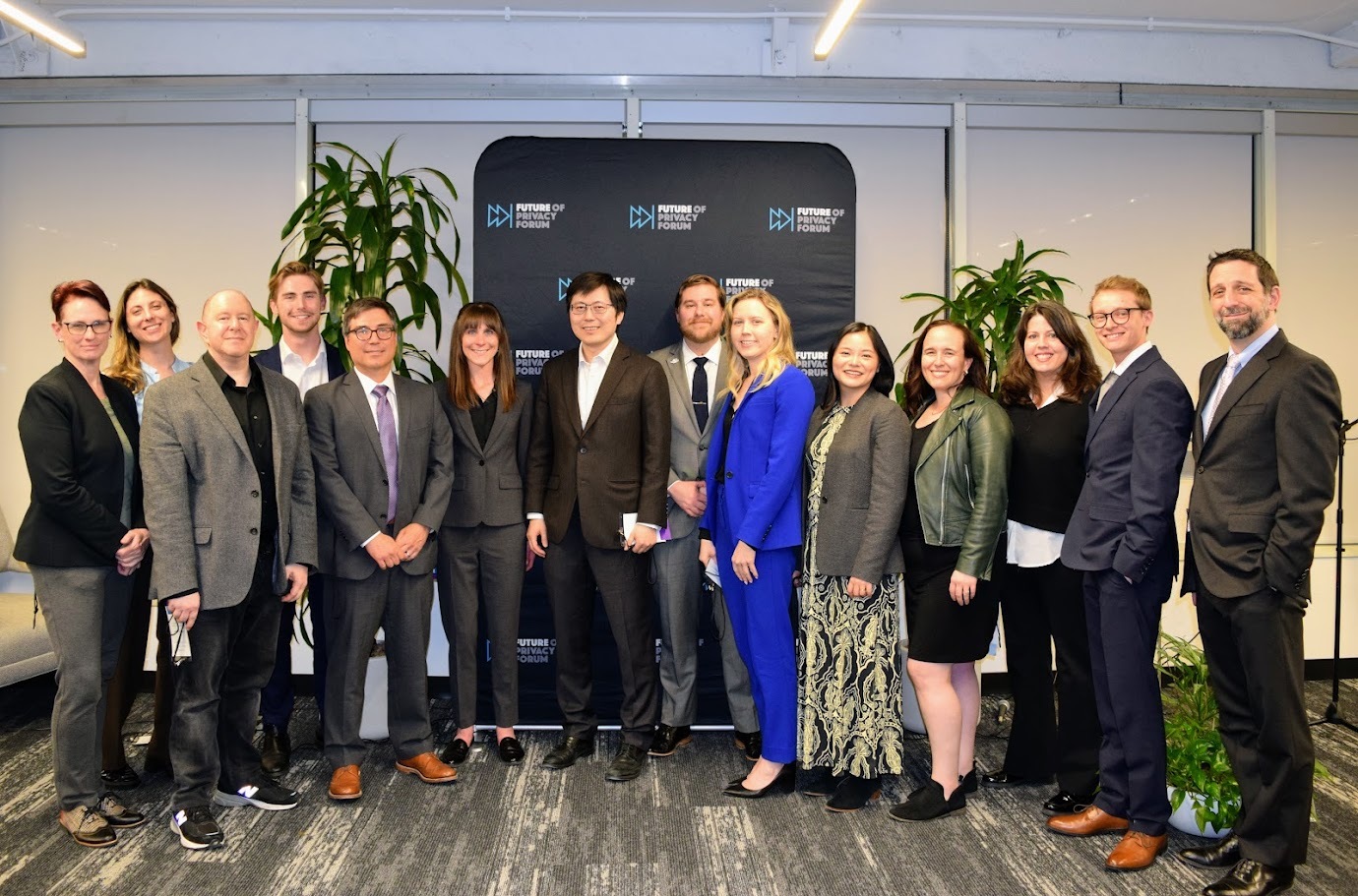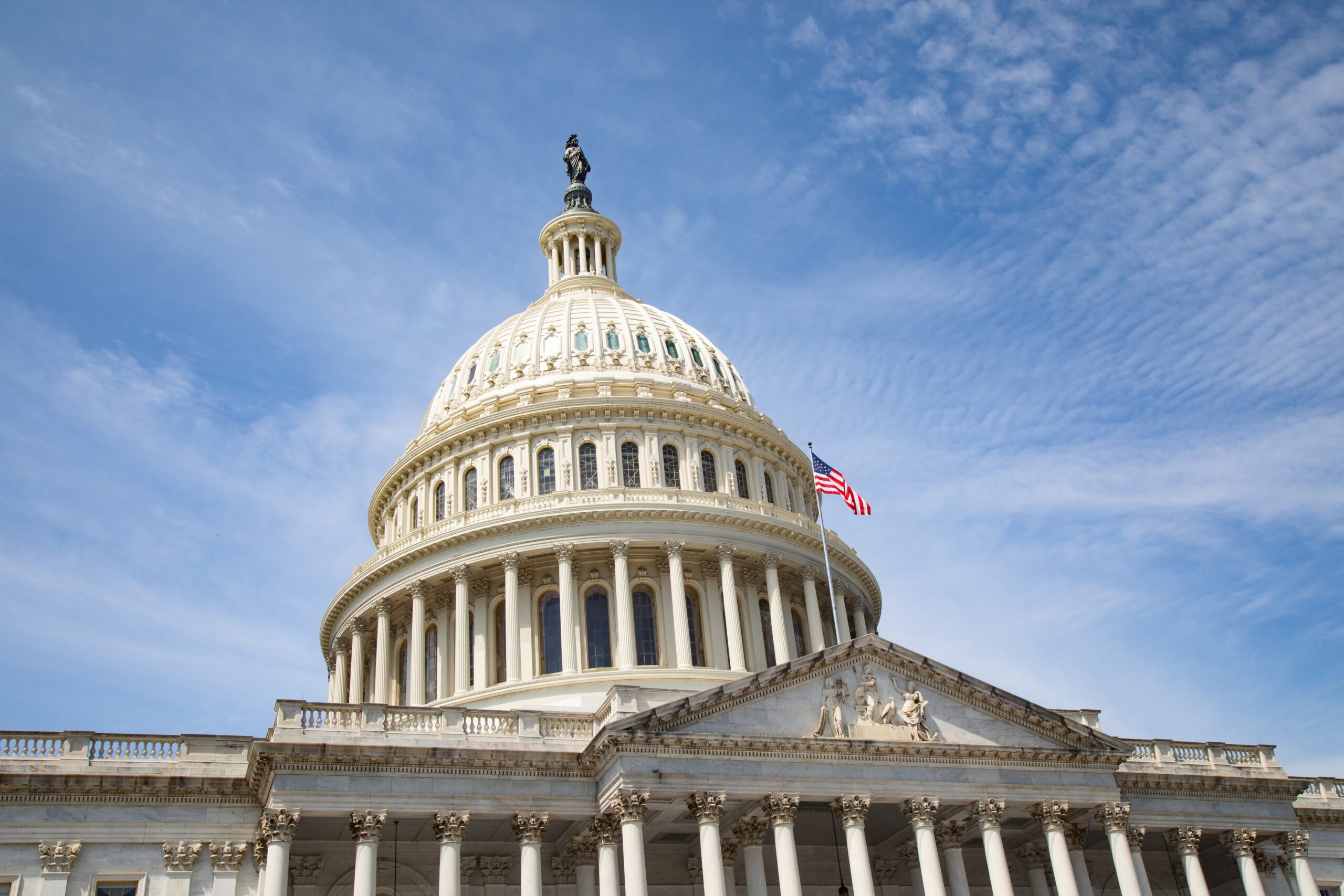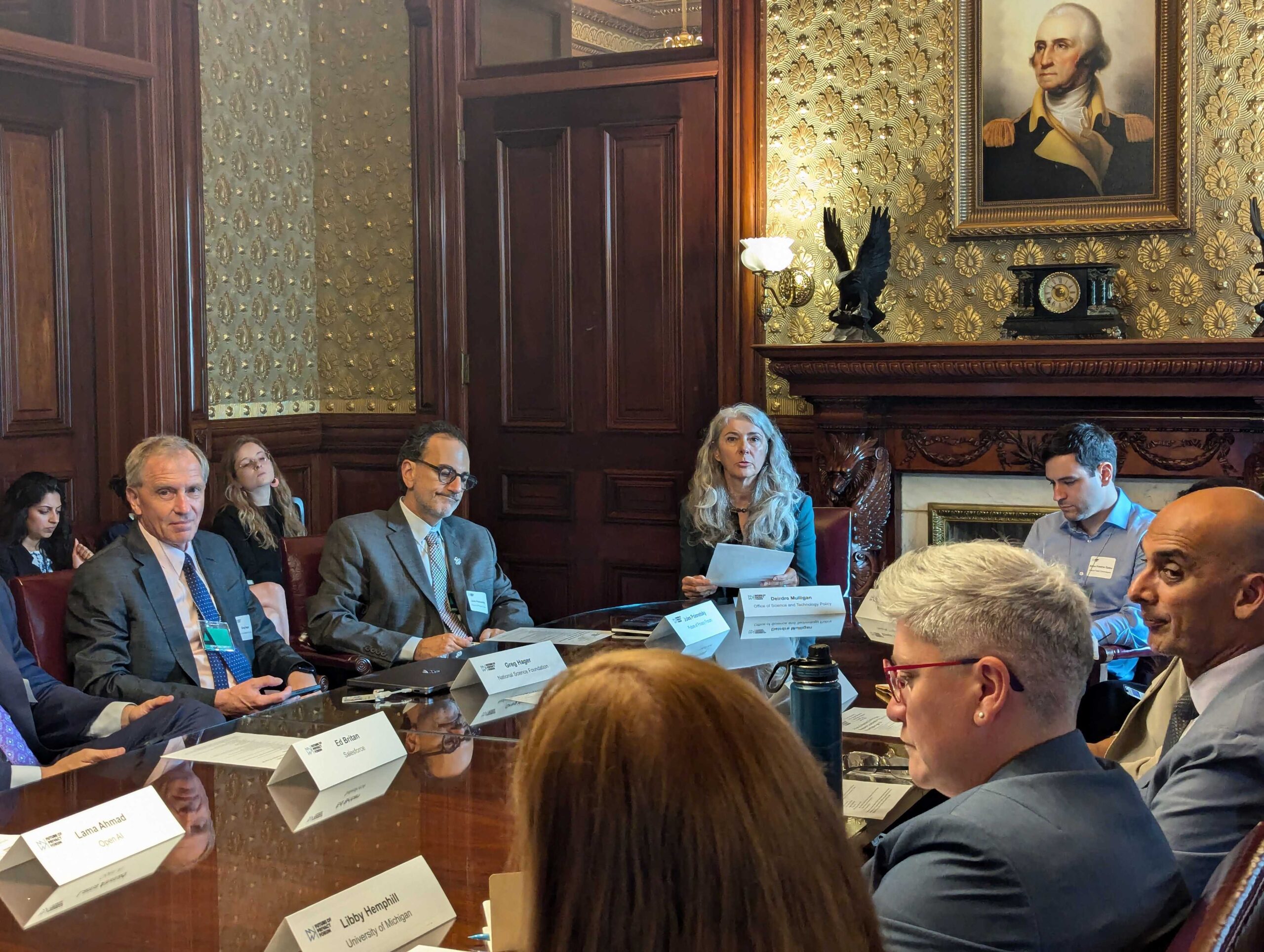Showing results for viiia20 bobet bad credentials bobet

Amendments to the Montana Consumer Data Privacy Act Bring Big Changes to Big Sky Country
[…] collected concerning oneself and the risk that one’s data, especially one’s sensitive data, could be either erroneously or surreptitiously disclosed to a third party or even a bad actor. Responsive to that risk, SB 297 follows Minnesota’s approach by narrowing the right to access to prohibit disclosure of certain types of sensitive data. As […]

FPF Privacy Papers for Policymakers: A Celebration of Impactful Privacy Research and Scholarship
[…] turned to Brenda Leong (ZwillGen), who introduced Tom Zick (Orrick, Herrington & Sutcliffe LLP) and Tobin South (Stanford University), two of the co-authors of the paper, Personhood Credentials: Artificial intelligence and the value of privacy-preserving tools to distinguish who is real online. Their paper explores the concept of “personhood credentials,” proposing a decentralized approach […]

FPF Celebrates Safer Internet Day with Newly Released Encryption Infographic
[…] infographic explaining how encryption more broadly protects enterprises, individuals, and governments—and what may happen when data and devices fail to use strong encryption and are compromised by bad actors. The infographic series advances FPF’s mission of promoting data privacy for every user by showcasing the vital role encryption plays in ensuring online safety, and […]

15th Annual Privacy Papers for Policymakers
[…] Mark Jia Mirror, Mirror, on the Wall, Who’s the Fairest of Them All?, by Alice Xiang Navigating Demographic Measurement for Fairness and Equity, by Miranda Bogen Personhood credentials: Artificial intelligence and the value of privacy-preserving tools to distinguish who is real online, by Zoë Hitzig and Tobin South The Great Scrape: The Clash Between […]

This year’s Winning Privacy Papers to be Honored at the Future of Privacy Forum’s 15th Annual Privacy Papers for Policymakers Event
[…] online. However, malicious actors have long used misleading identities to conduct fraud, spread disinformation, and carry out other deceptive schemes. With the advent of increasingly capable AI, bad actors can amplify the potential scale and effectiveness of their operations, intensifying the challenge of balancing anonymity and trustworthiness online. In this paper, we analyze the […]

U.S. Legislative Trends in AI-Generated Content: 2024 and Beyond
[…] The FCC is already interested in exploring real-time call detection, alerting, and blocking technologies to distinguish human callers from AI callers. Other similar solutions, such as “personhood credentials,” are also building on existing techniques like credentialing programs and zero-knowledge proofs to provide assurance that a particular individual online is in fact a human, or […]

Connecting Experts to Make Privacy-Enhancing Tech and AI Work for Everyone
The Future of Privacy Forum (FPF) launched its Research Coordination Network (RCN) for Privacy-Preserving Data Sharing and Analytics on Tuesday, July 9th. Industry experts, policymakers, civil society, and academics met to discuss the possibilities afforded by Privacy Enhancing Technologies (PETs), the inherent regulatory challenges, and how PETs interact with rapidly developing AI systems. FPF experts […]

New Age-Appropriate Design Code Framework Takes Hold in Maryland
[…] would suggest that the bill forbids businesses from retaining any information about a child user beyond a single-use session, including basic details like account information and log-in credentials. This restriction would functionally deprive children of the ability to use many online products, services, and features. Even if future regulations or judicial holdings advance a […]

Manipulative and Deceptive Design: New Challenges in Immersive Environments
[…] which a motivated actor could obscure, hide, or misrepresent information to a user. Devices like neurotechnologies that can access an individual’s brain activity, for example, may allow bad actors to not only analyze their mental state, but potentially alter it as well. To avoid unintentionally deploying a product or service with a deceptive design […]

Workplace Discrimination and Equal Opportunity
[…] of FPF. “It has been said that figures rule the world. Maybe. But I am sure that figures show us whether it is being ruled well or badly.” – Johann Wolfgang von Goethe I. Introduction It is a known fact that discrimination persists in today’s labor markets,1 this despite EU anti-discrimination and equality laws—such […]
